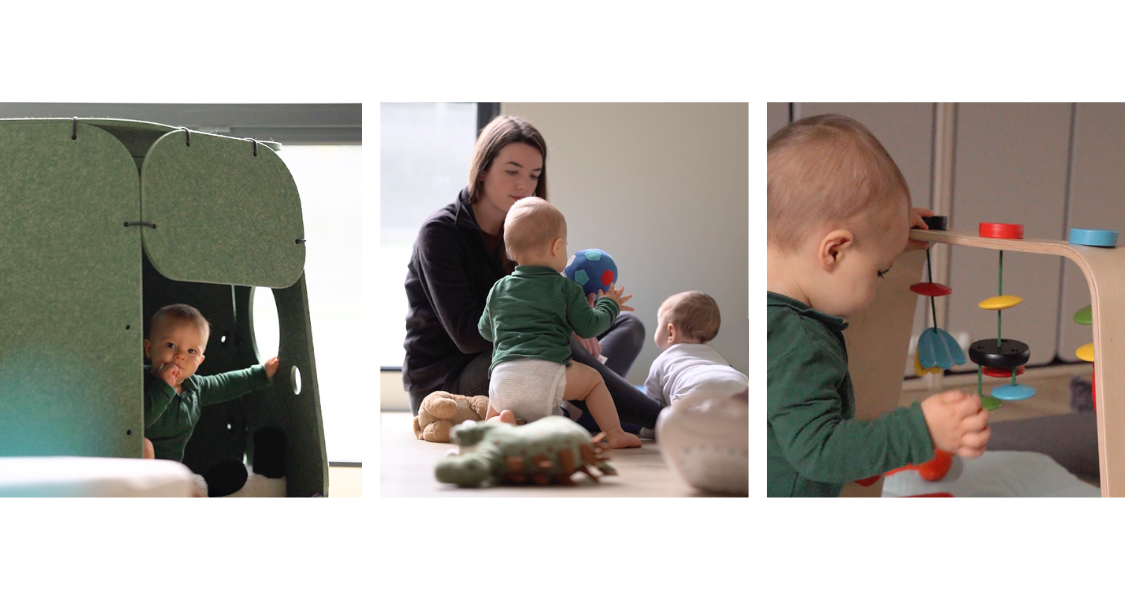An important milestone for both parents and children
The transition from home to nursery is a significant moment in a child’s life — and for parents too. With a bit of preparation, this change can become a positive and enriching experience. Here are 10 tips to help your child make a smooth transition.
1. Talk about nursery with enthusiasm
Explain to your child what nursery is: a place where they can play, meet other children, and discover new activities. Use a positive tone to spark their curiosity and ease any fears.
2. Familiarize your child with the environment
Before the first day, visit the nursery with your child. Let them explore the space and meet the educators. This will help them feel more comfortable when they return.
3. Establish a routine
A few weeks before nursery starts, begin adjusting your child’s sleep and meal times to match the nursery’s schedule. This will make the transition smoother.
4. Plan a gradual adaptation period
If possible, start with shorter days. This will allow your child to get used to their new environment gradually, without feeling overwhelmed.
5. Provide a comfort item
A soft toy, blanket, or favorite toy can offer great comfort in this new setting. Make sure the item is allowed by the nursery.
6. Be confident and calm
Your attitude influences your child’s. If you remain calm and positive, they will feel more secure. Try not to show anxiety or sadness in front of them.
7. Reassure them that you’ll come back
Young children don’t yet understand the concept of time. Let them know you’ll be back to pick them up at the end of the day, and be specific: “I’ll come after your afternoon snack.”
8. Create a goodbye ritual
A special kiss, hug, or comforting phrase can help your child feel secure before you leave. Keep this ritual consistent to build their confidence.
9. Communicate with the educators
Talk to the educators about your child’s specific needs, habits, and preferences. Good communication ensures a smoother transition.
10. Be patient
Every child reacts differently to separation. Some adapt quickly, while others need more time. Be patient and attentive to support them as best you can.

